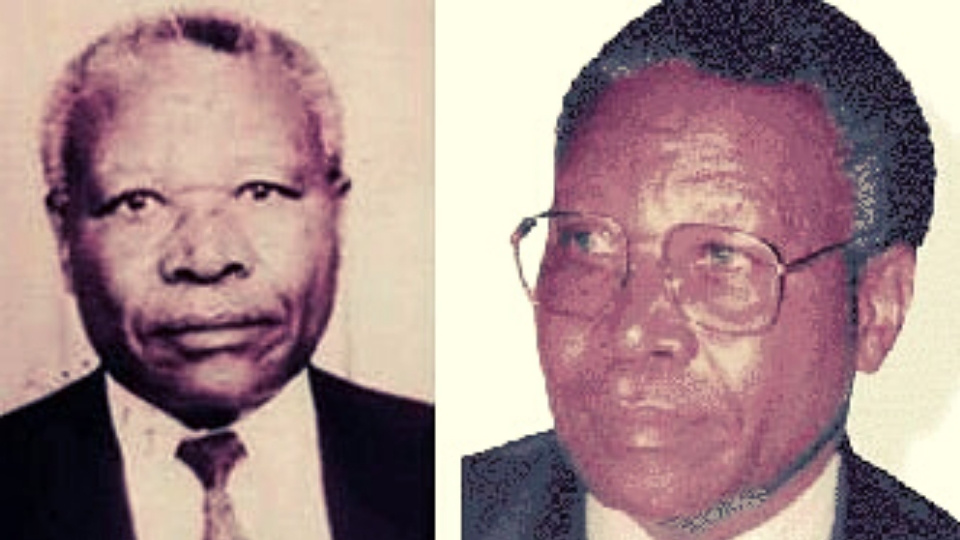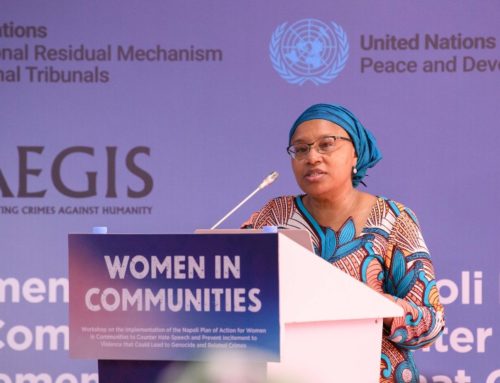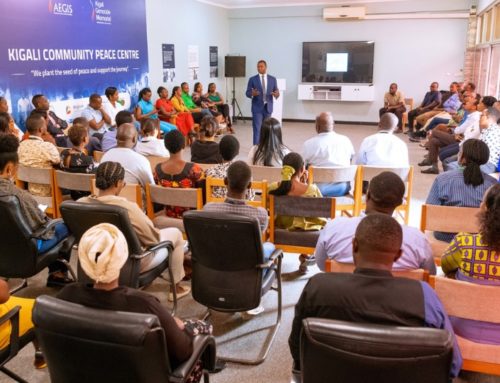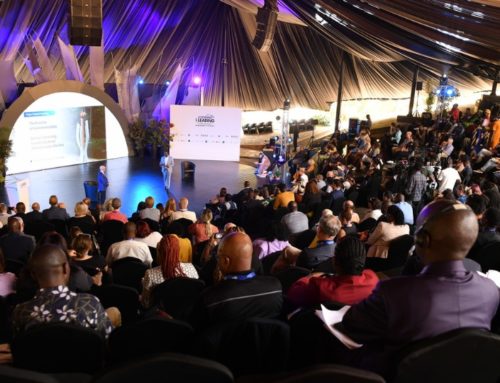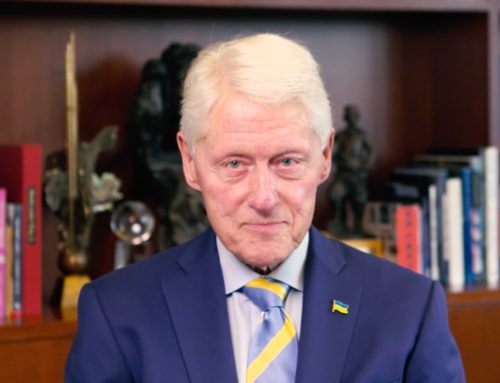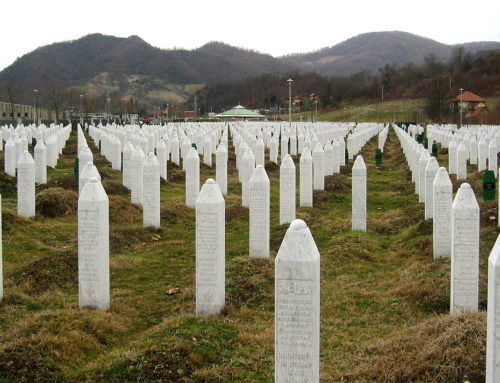Today’s arrest of Félicien Kabuga in Paris has been warmly welcomed by genocide survivors in Rwanda – and by genocide scholars internationally.
One of the alleged architects of Rwanda’s 1994 Genocide against the Tutsi, in which a million people were murdered, Kabuga is accused of funding the import of arms and machetes used in the genocide. He is also accused of bankrolling Radio Télévision Libre des Mille Collines (RTLM). Also known as ‘Hate Radio’, the station played a key role in the incitement of listeners to participate in genocide, even helping to direct killings in 1994. Additionally, Kabuga is accused of controlling Interahamwe militia units in Kigali and Gisenyi which were directly involved in the slaughter.
Now 84 years old, he is set to be tried in Arusha, Tanzania, by the International Criminal Tribunal for Rwanda (ICTR). Although the ICTR closed its doors in 2015, Kabuga is one of a handful of wanted men for whose trials the court will reopen. The full ICTR indictment against him can be found here: http://jrad.irmct.org/HPRMServiceAPI/Record/230409/file/document.
“I never thought we would see this day. It’s 26 years late, but Félicien Kabuga’s arrest is a moment of hope for survivors that those suspected of planning and funding the murder of their loved ones will face justice at last,” says Freddy Mutanguha, Executive Director of the Aegis Trust; himself a survivor. Aegis is responsible for the Kigali Genocide Memorial in Rwanda at a site where 250,000 victims of genocide have their final resting-place. “Kabuga was allowed to escape justice far too long, hiding in plain sight,” says Mutanguha. “Other Rwandan genocide suspects are still at large internationally, and I hope Kabuga’s arrest will add to pressure for them to be brought to justice now.”
“One of the world’s most wanted fugitives, this self-made Rwandan millionaire was indicted by the ICTR on seven counts of genocide,” says historian Linda Melvern, whose latest work ‘Intent to Deceive’ unpacks an ongoing campaign of denial about the genocide. “The trial will help silence the deniers — those who continue to ensure the pernicious influence of the racist ideology Hutu Power lives on in rumour, lies and propaganda.”
“Kabuga’s arrest is extremely good news. It’s not just what he’s accused of doing, it’s what he’s accused of funding,” says Andrew Wallis, whose recent book ‘Stepp’d in Blood’ explores Kabuga’s role in relation to the Akazu, a group of senior Hutu Power extremists with whom he was closely associated. “Trials of suspects like Félicien Kabuga are hugely important not only for justice to be seen to be done, but to fight denial by putting evidence of the genocide out there for the public.”

